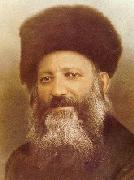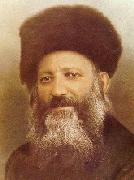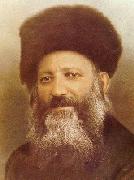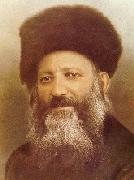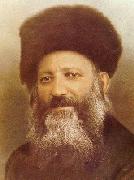
How does one live a good life? The psalmist reveals the secret to good living:
"Who is the person who desires life, who loves days to see good? Watch your tongue from evil, and your lips from speaking guile. Turn away from evil and do good; seek peace and pursue it." [Psalm 34:13-15]
The recipe for good living, the psalm teaches, lies in good speech. Why does speech play such a critical role?
Two Worlds
We live in two worlds. The first is the outer world, consisting of our various needs and activities, both as individuals and as members of society. The second world is our inner life, a sublime realm of holiness and purity. The psalm appears to be repetitive because it relates to both of these aspects of life.
"Who desires life?" This refers to our inner world, a realm of life itself, unrestrained by the framework of time. "Loving days to see good," on the other hand, refers to our outer world of beneficial activities that we perform over the years. Like an outer peel protecting the inner fruit, these actions are means to a goal; they acquire meaning as they lead towards their ultimate objective. Thus, the verse refers to our natural desire for purity and goodness of life in both aspects: our inner world of life itself, and longevity of days to allow us to perform many actions benefiting the world.
Inner and Outer Speech
Just as we live in two realms, so too, we have a form of speech for each realm. One is directed inwards, while the other is directed outwards for interpersonal relations. Our inner speech is connected to spiritual values, such as prayer and Torah study. (The mitzvah of Torah study is only truly performed when it is verbalized. See Eiruvin 53b; Shulchan Aruch Orach Chaim 47:4.) Our outer speech, on the other hand, is verbal communication for the sake of fulfilling our various needs, both personal and social.
The two phrases, guarding the "tongue from evil" and "lips from speaking guile," correspond to these two forms of speech. The tongue and lips are the principle organs used to form words. The tongue, situated inside the mouth, is a metaphor for our elevated, inner speech; while the lips, located outside the mouth, represent our practical, external speech.
We need to be careful in both types of speech. We protect our inner life by watching over the tongue, the faculty of inner speech. This form of speech needs to be protected from evil itself, by avoiding the expression of spiritually-damaging thoughts and concepts. "Watch your tongue from evil." Thus, the Torah prohibits even mentioning the names of idolatry [Ex. 23:13]. When we carefully guard our inner speech, our soul preserves its pristine purity, and our spirit retains the energy needed to perform beneficial actions. By guarding the tongue, we "avoid evil and (are free to) do good."
The faculty of external speech, represented by the lips, is used primarily for interpersonal relations. The psalmist warns us to guard our "lips from speaking guile," for if we do not properly restrain our external speech, our social interactions will be contaminated by guile and deception. But when we watch over this form of speech, then we may attain social harmony and peace - "seek peace and pursue it."
[adapted from Olat Re'iyah vol. II pp. 65-66]

